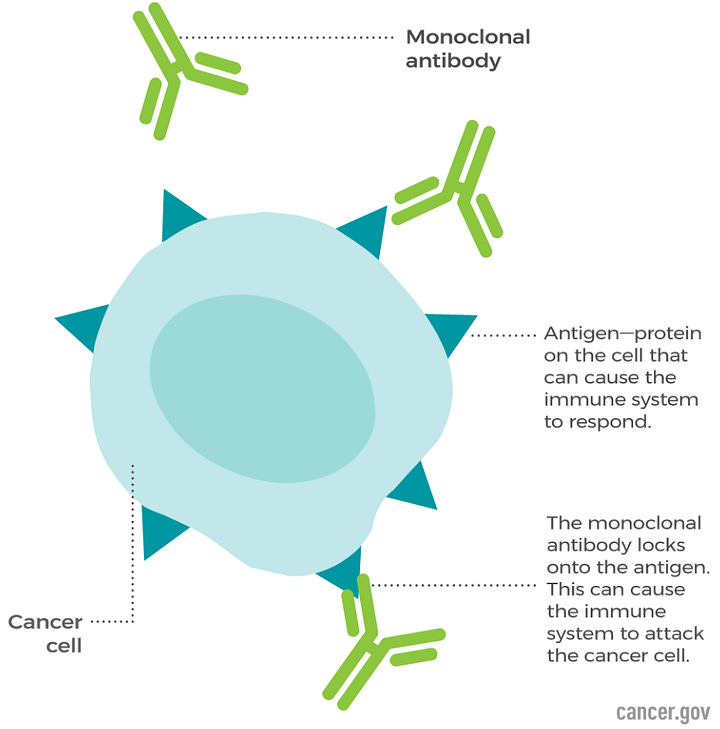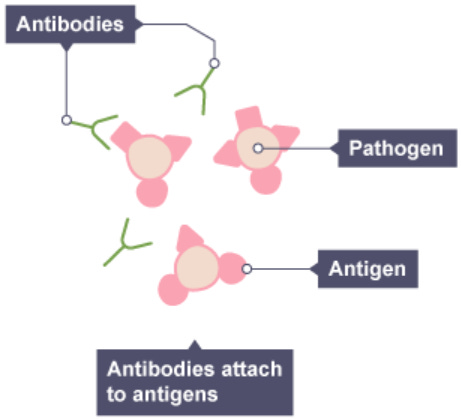Founded in 2003, Bioventix creates, manufactures, and supplies high-affinity sheep monoclonal antibodies to diagnostic companies that create diagnostic testing kits for their blood testing machines. The company operates from its single facility in Farnham, Surrey, with a workforce of just 17, but that hasn’t held back its financial performance, with revenues tripling since its AIM listing in 2014 and a near five-fold increase in share price. Given this and its favorable valuation, I’m surprised at the lack of coverage.
The science?


High-affinity sheep monoclonal antibodies (SMAs) are essentially antibodies derived from sheep cells that recognize the foreign target cell. Sheep are injected with the disease, provoking an immune response leading to the production of antibodies, after which blood is extracted. The scientists go through a process of selecting the best antibodies to target the antigens (proteins recognized by antibodies found on the surface of a foreign target cell). It’s important to note that each antibody only attaches to a matching antigen. ‘High affinity’ refers to the ability to bind to a target substance even when it is found at low concentrations, a unique quality of SMAs. This enables greater detection at early stages of disease while they also have a higher specificity in binding to a target, reducing the likelihood of the antibody mistakenly binding to the wrong molecule. SMAs are used for a range of detection purposes, including: fertility, oncology, vitamin D/B, drugs of abuse, Alzheimer's, thyroid, and cardiac.
Business Model
- Product: The process from initial creation of an SMA takes approximately a year, after which the product is evaluated in the customer’s laboratory. Subsequently, it goes through the protracted approvals process, culminating in the necessary regulatory certification to commercialize. This takes between 4-10 years, so revenues today are the consequence of innovation from yesteryear. The SMAs are bought by In-Vitro Diagnostic (IVD) companies, including major players such as Abbott Diagnostics, Roche Diagnostics, and Beckman Coulter. These firms input SMAs into testing kits used in their automated blood testing machines for routine clinical use in hospitals. Bioventix differentiates itself by focusing on creating SMAs for targets that don’t have suitable testing kits from traditional monoclonal antibodies. A great example of this…






